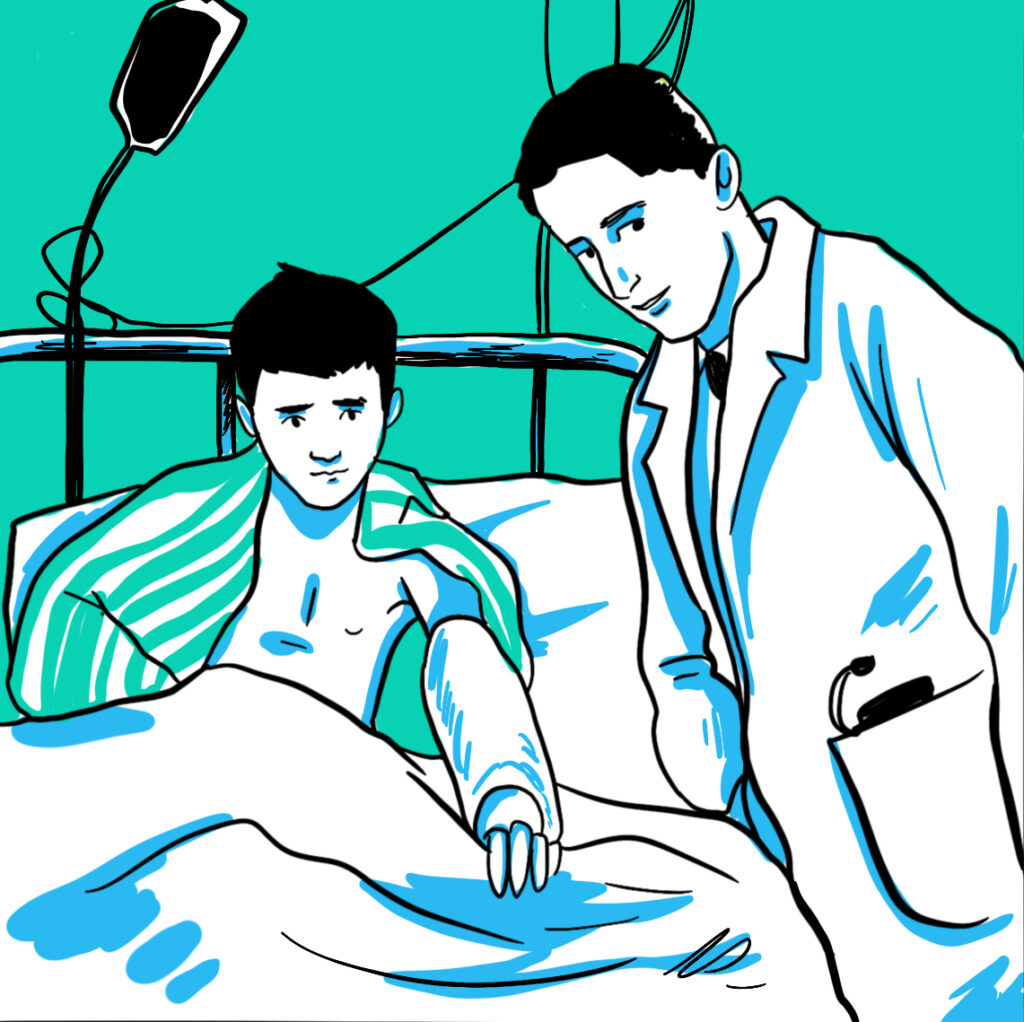Patient-centered care needs patient-focused research
Mention the word research in the healthcare setting and most people will immediately think of drug trials. While its clearly important to study new factor concentrates appropriately, efficacy and safety are only the tips of the iceberg.
Most treatments – whether existing or new – offered to an individual patient are associated with both benefits and harms and require the patient to make a trade-off. The results of clinical research can help people to make a balanced choice as to whether or not they wish to take that treatment. This has led some to argue that patients have a moral duty to participate in research because everyone benefits from the results (Harris, 2005).
Of course, taking part in a study is (and should be) voluntary. But there are also practical reasons why patients should take part in research. But research results are only applicable to health care decision-making if most patients are represented in that research.
And, of course, if the results mean something to patients.
The Patient-Centered Outcomes Research Institute in the US defines patient-centered research as research that aims to helps people make informed health care decisions, incorporating their perspectives in assessing health options (Tinetti and Basch, 2013). If patients are to participate in decision-making and research then the outcomes used to assess and compare treatments should be meaningful to patients and reflect what they actually want to achieve from treatment.
In practice, however, most outcomes in clinical research are geared towards either product registration or payers requirements.
Although the use of patient reported outcome measures is becoming increasingly common in many fields of research, the patient voice is rarely heard in respect of the outcome measures used in haemophilia, particularly if the voice is that of a child – how do we get to hear what they think?
This is something that we hope to change in the SO-FIT study, the first Haemnet-managed, collaborative nurse-physio research project, which you’ll hear much more about over the coming weeks.
Work out what SO-FIT stands for and we’ll send you a prize!
Further reading
Harris J. Scientific research is a moral duty. J Med Ethics 2005;31(4):242- 248.
Tinetti ME, Basch E. Patients’ responsibility to participate in decision-making and research. JAMA 2013; online first
Patient-Centered Outcomes Research Institute website (http://www.pcori.org)
Mike Holland founded Haemnet and SixVibe. He is a medical writer, editor and event organiser – find him at Google+ or Driftwood.


